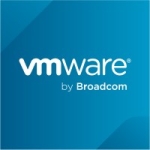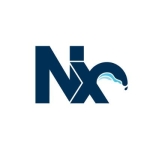Jenkins is used for continuous automation of the various stages of the software development life cycle, such as building, testing, and deploying code chains. Jenkins supports continuous integration, allowing developers to integrate their code chain into a shared repository multiple times in a day.
Jenkins has a large number of plug-ins available for source code management, build tools, and testing. Jenkins integrates with various version control systems like Git and Bitbucket. Since it has a pipeline, Jenkins supports the creation of complex builds and deployment for a flow using the pipeline plugins.
Jenkins provides security features such as user authentication, authorization, and role-based access control. The solution integrates with external identity providers for authorization.
Jenkins optimizes the CI/CD process, enhances automation, and ensures efficiency and management of our build and deployment pipeline. It is easy for somebody to learn to use Jenkins.
Jenkins should adopt the Pipeline as Code approach by building a deployment pipeline using the Jenkins file. The solution should also include parallel build, artifact management, and automated matter testing.
I have been using Jenkins for one year.
Jenkins is a stable solution.
More than five people are using the solution in our organization.
The solution’s initial setup is easy.
Jenkins is an open-source platform.
Jenkins is deployed on the cloud in our organization. The solution is installed in our AWS server. The solution is widely used to build, develop, and automate projects. The solution facilitates continuous integration and continuous delivery by automating the building, testing, and deployment of code change.
We update Jenkins plug-ins, configure Jenkins with JVM, and always review and optimize our job configurations. You can consider using a cloud-based scaling solution to add or remove builds dynamically based on demand. Platforms like AWS EC2 and Kubernetes can be integrated with Jenkins.
Overall, I rate the solution ten out of ten.

























